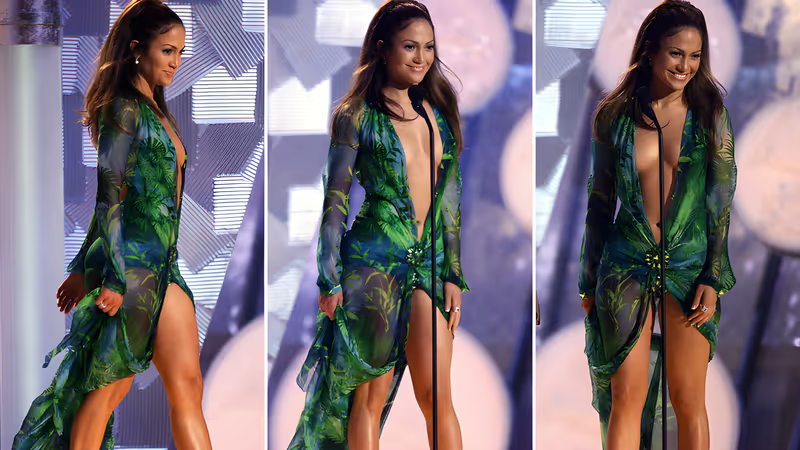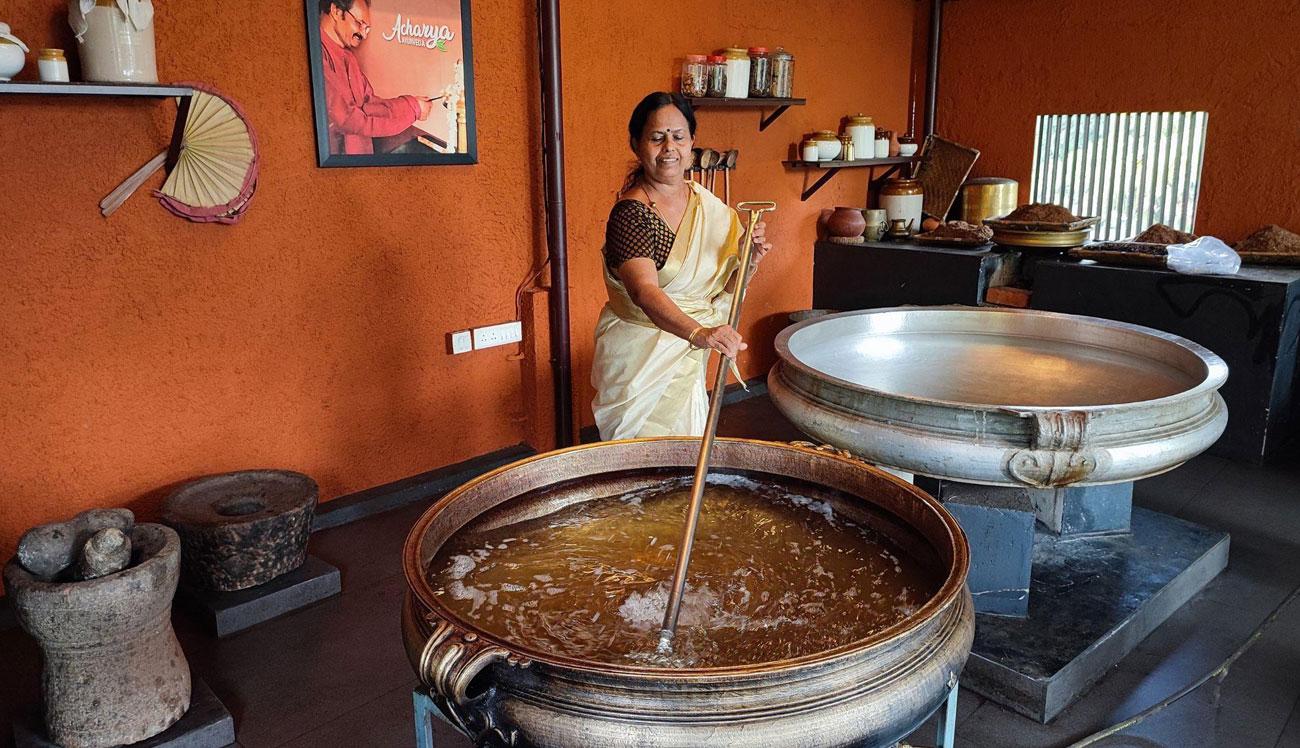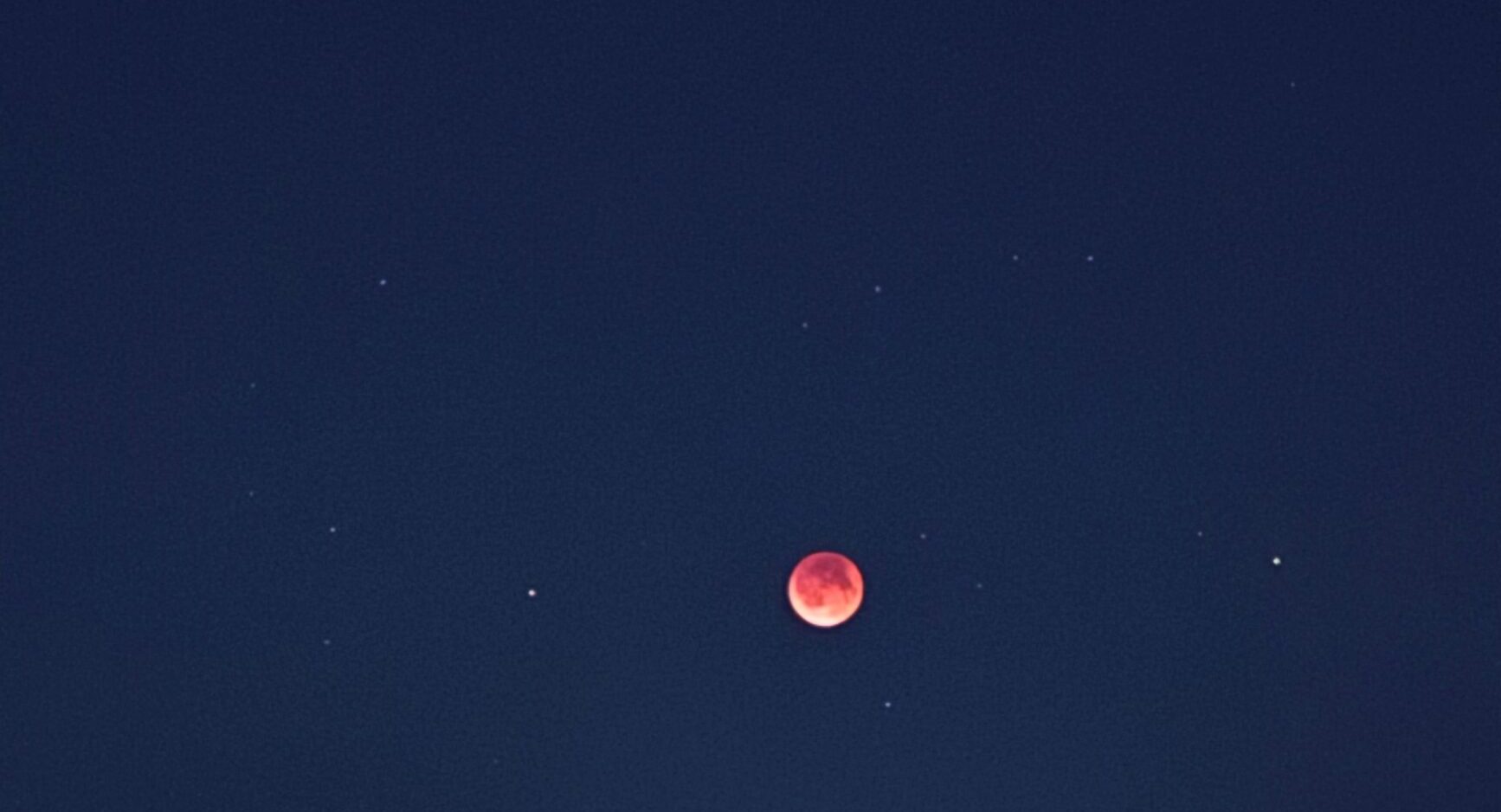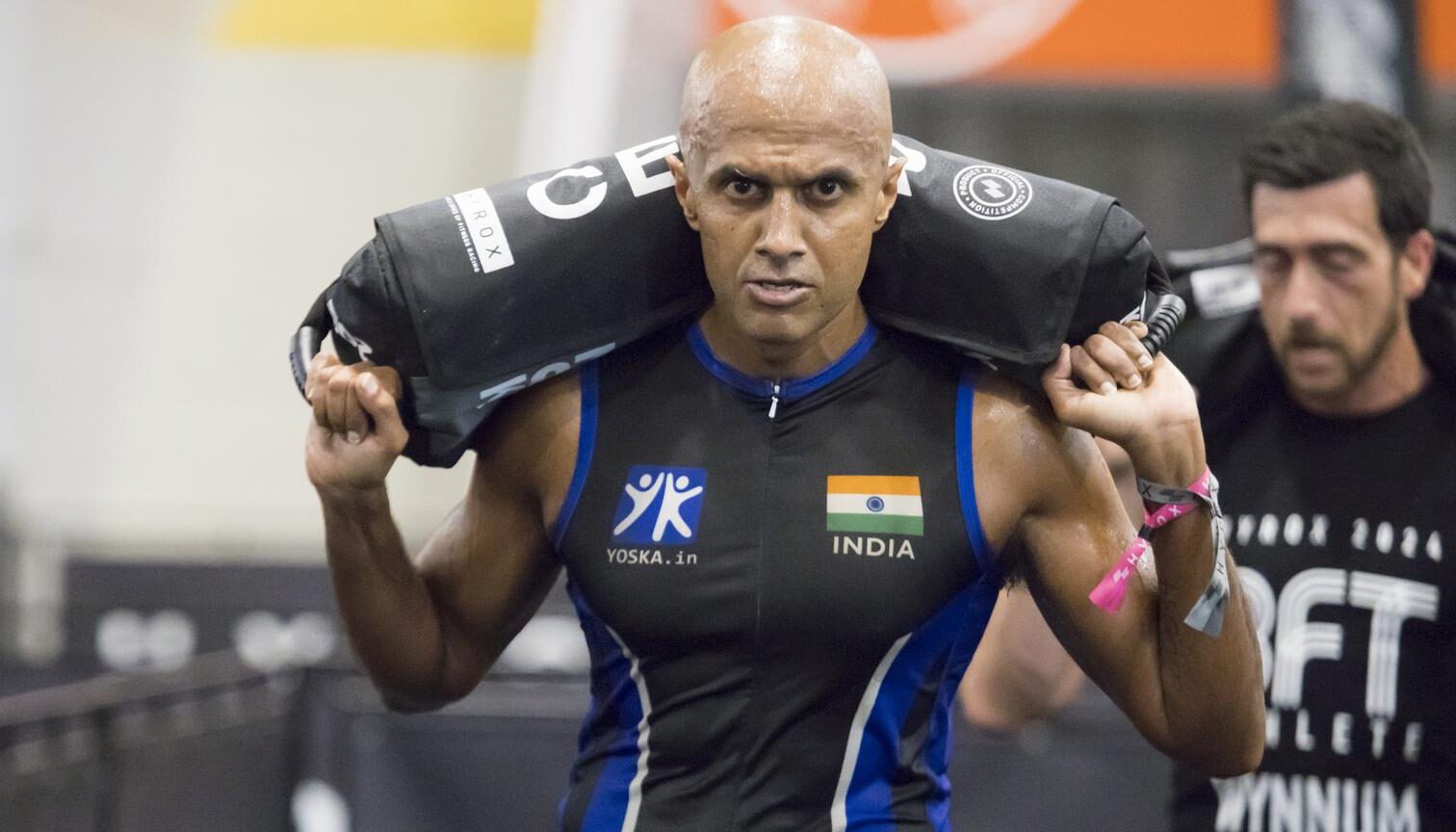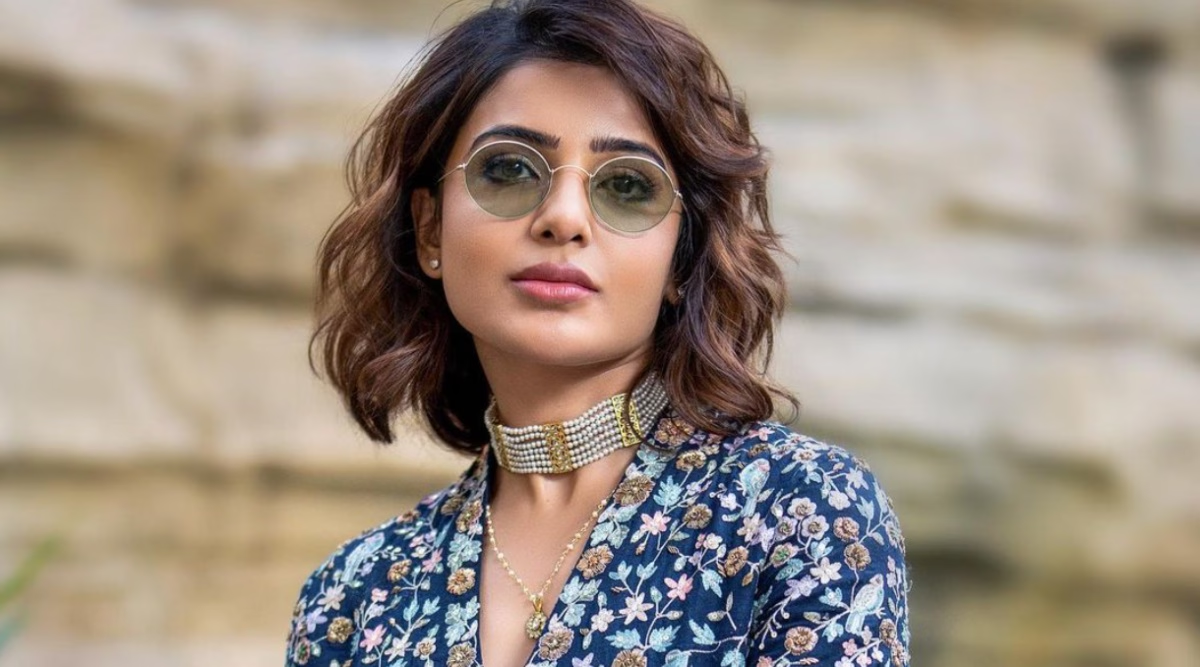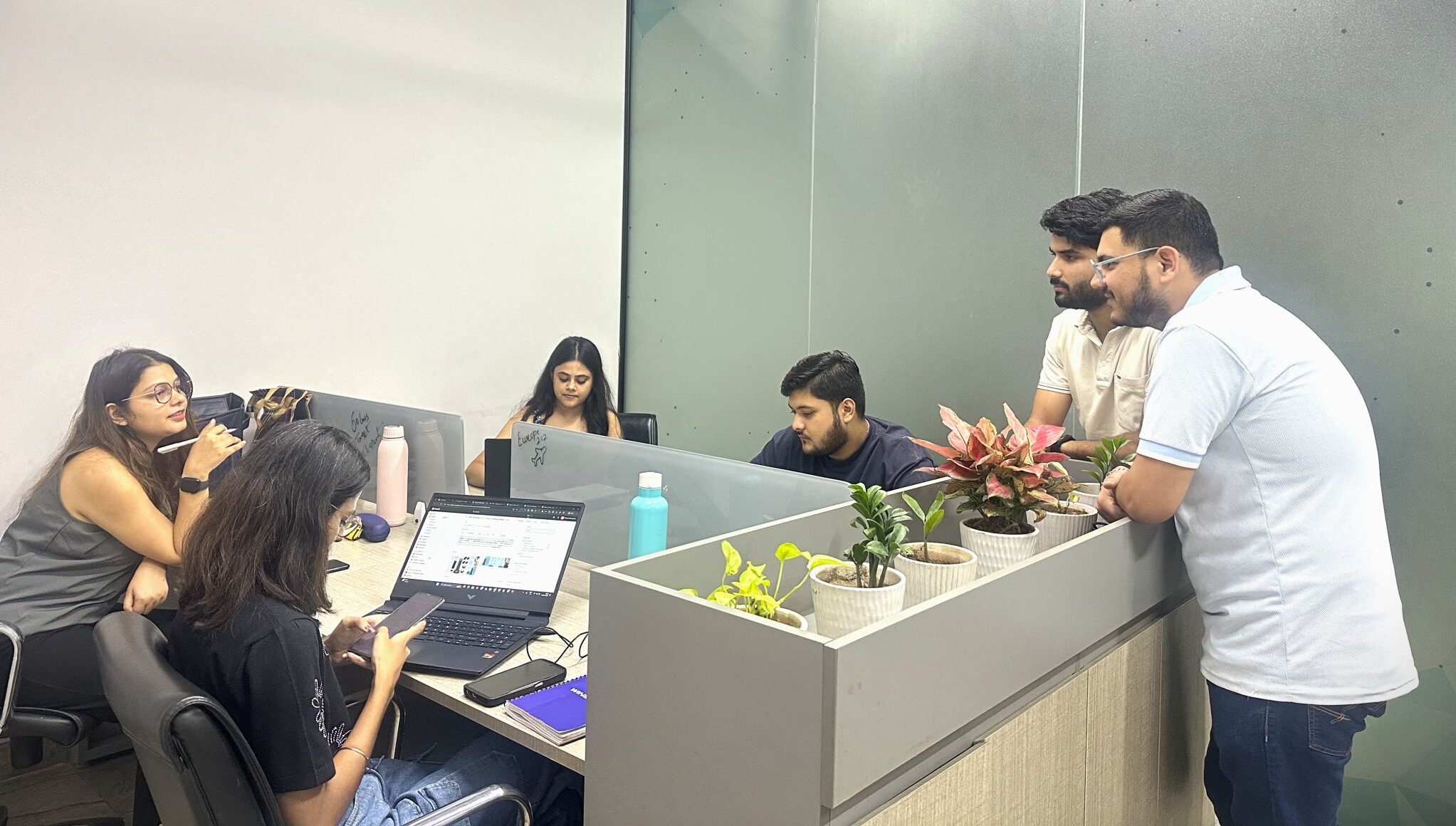Google Images was born because of a viral moment in 2000: Jennifer Lopez’s green Versace dress at the Grammy Awards. Millions of people went online searching for pictures, revealing a gap in how search engines delivered visual content.. The dress had a plunging neckline and bright tropical print. Almost immediately, after Lopez was photographed in it, the gown was turned into a global obsession by fans and critics.
But it wasn’t just a fashion frenzy, it sparked an online obsession. Millions of people went to the internet trying to see the dress for themselves. And here’s the problem: back then, Google Search couldn’t directly show images. It was all text links, articles, and websites. People didn’t want descriptions, they wanted pictures.
Also Read: PhysicsWallah IPO: Edtech Unicorn Files Updated DRHP to Raise ₹3,820 Crore
When Google Realized Something Was Missing
The flood of searches for “Jennifer Lopez green dress” was unprecedented and Eric Schmidt, who later became Google’s CEO, stated that the traffic showed an important need, people wanted a visual, not a text based search.
Google engineers realized that searching was about more than information: it was about experience. There were users buying appliances sight unseen because they didn’t want to read text; they wanted instant access to images. This viral moment made visible a problem that no one had ever bothered to think about seriously before: how do we visually search the internet?
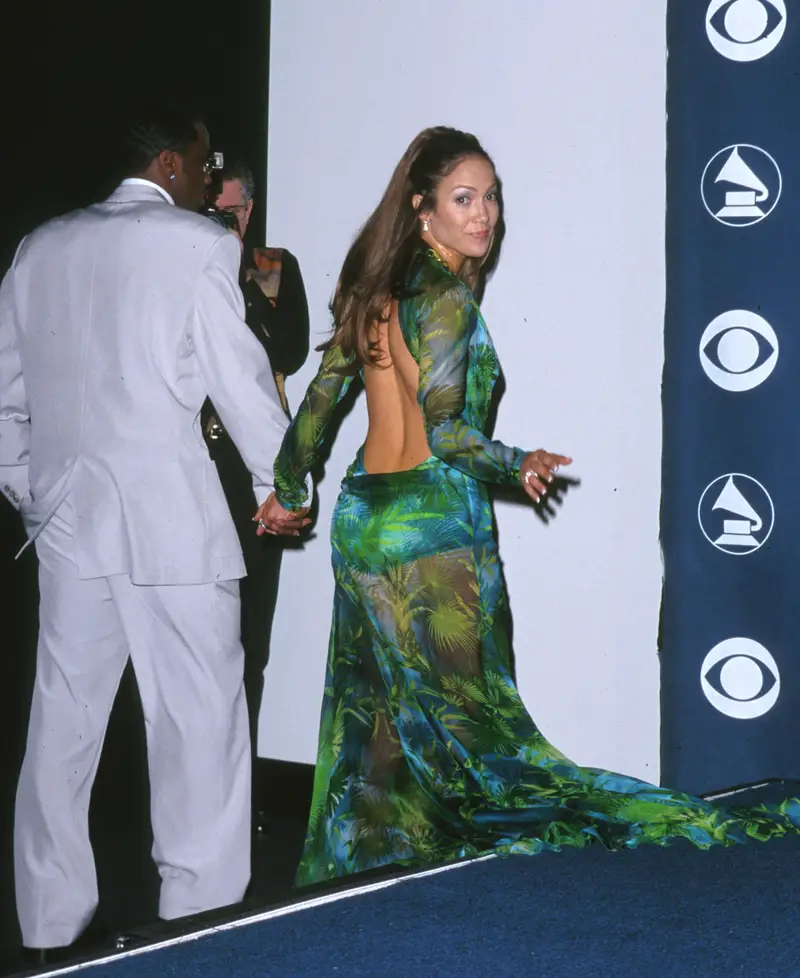
From Viral Search to Innovation
Google’s engineers quickly got to work. They needed a way to index, sort, and display images in a way that was as easy as typing a text query. The solution? A dedicated image search engine.
Just over a year after the Grammy Awards, in July 2001, Google launched Google Images. At its debut, the platform offered 250 million indexed images. For the first time, users could search for anything, celebrities, fashion, landmarks, and see thumbnails instantly, instead of hunting through countless text-heavy web pages.
The launch was revolutionary. Google Images didn’t just solve the J.Lo dress problem, it changed how the internet delivered information forever. Suddenly, the world could see what it was searching for, not just read about it.
How One Dress Changed the Digital Landscape
It is remarkable that one dress has caused such a shift in technology. The green Versace dress served more purpose than as fashion. In finding out that human curiosity often needs imagery, Google discovered the evidence in the pixels of J.Lo’s dress.
Google Images led to many developments: reverse search image, e-commerce visual search, and image recognition powered by AI and even beyond. Who knows if there wasn’t and instead a Grammys Night obsession with that, when the image search was born?
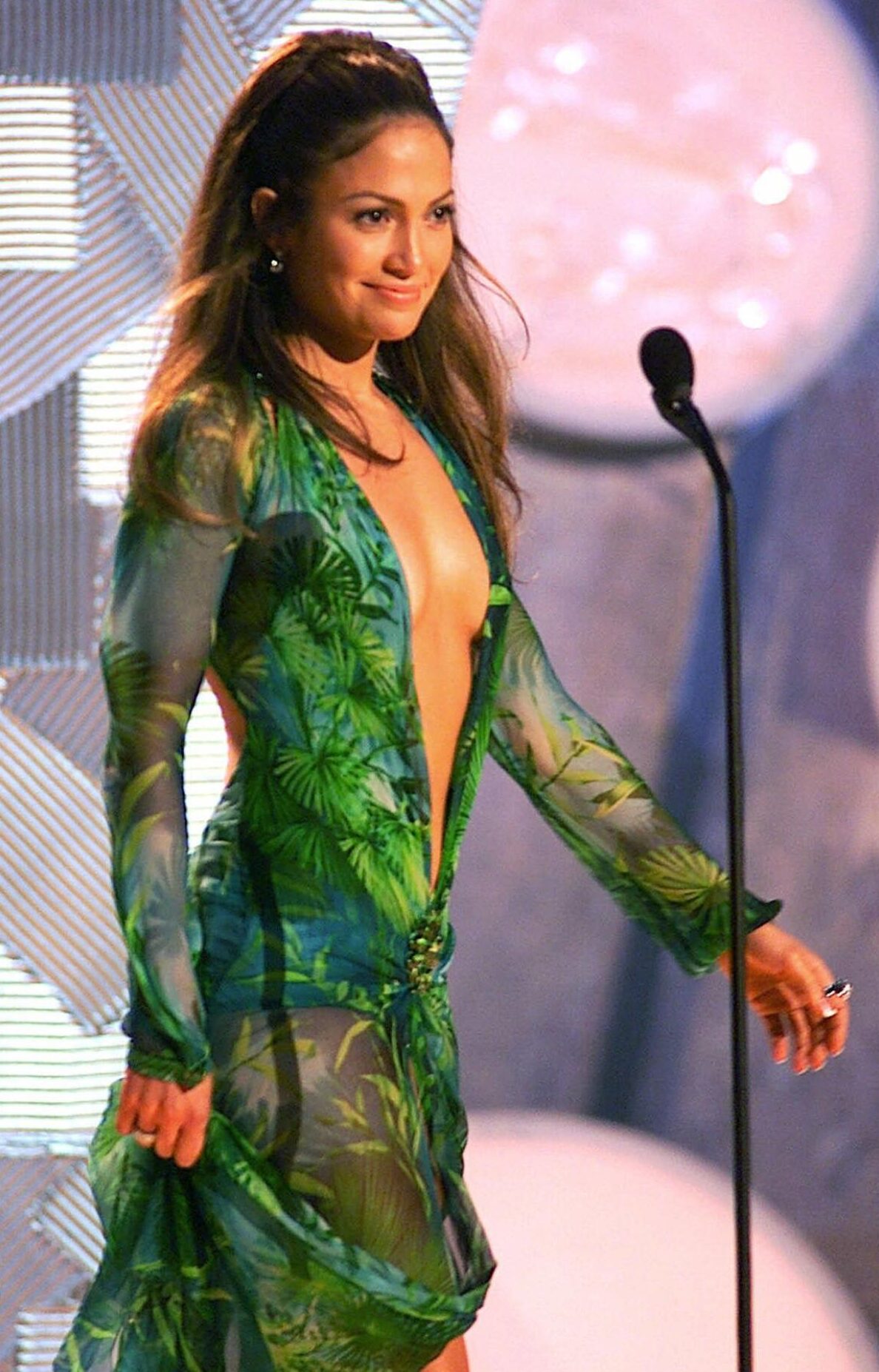
Culture and Technology Collide
This tale illustrates the intriguing relationship between culture and technology. A viral moment in fashion exposed a limitation in early search engines, and revealed to Google, the need to think visually. It was not a business strategy or market research that initiated Google Images, it was a global community simply saying, “We need to see it!”
Today, Google Images indexes billions of photos around the world, but its origin story is fairly simple and human, a green dress, a curious internet, and a challenge that needed to be solved.
From Red Carpet to Google
So, next time you look for a celebrity photo, or a meme, or even a recipe photo, know that it all started with Jennifer Lopez’s green Versace dress. One dress that was iconic showed a gap in technology and propelled Google to form a platform that would transform the way we search the web . . . and here we are now. Sometimes pop culture leads to monumental innovation.









